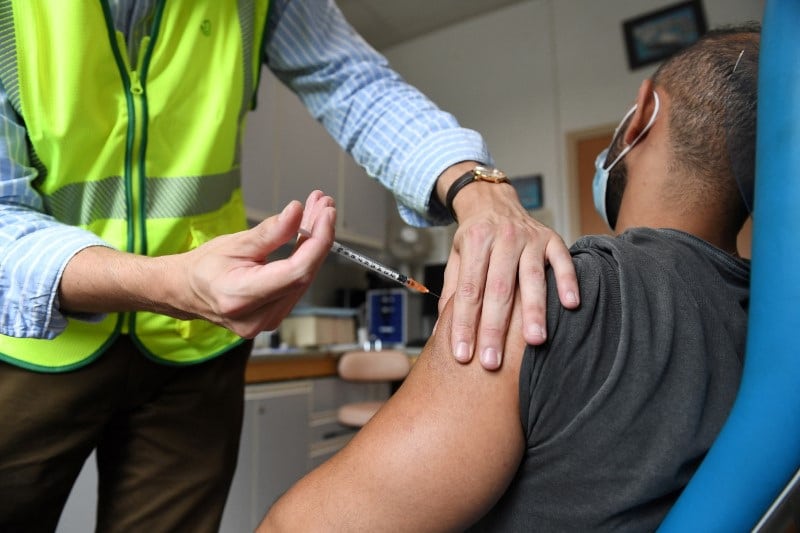
Aug 16 (Reuters) – More imported cases of a new mpox strain will appear in Europe in the coming weeks but the risk of sustained transmission remains low, the head of Europe’s disease prevention agency said on Friday.
The agency raised its risk assessment for sporadic cases of mpox clade I in Europe to moderate on Friday. The risk was high for travellers to affected areas in Africa in close contact with people there, and moderate for their contacts.
“There will be more cases in the coming weeks. That’s the expectation… But regarding the risk [for the] general European population, we have to say that our assessment is that the risk is very low at the moment,” European Centre for Disease Prevention and Control director Pamela Rendi-Wagner said in an interview.
She called for European countries to step up preparedness and raise awareness to prevent further spread.
An outbreak of mpox in Democratic Republic of Congo caused by two different forms of mpox, an endemic form and a new offshoot called clade Ib, has caused global concern after it spread to more countries in Africa.
On Thursday, Sweden became the first country outside Africa to confirm a case of clade Ib. The WHO declared the outbreak a global health emergency on Wednesday.
The European CDC recommended that public health authorities plan and prepare for quick detection of any clade I cases that may reach Europe.
It predicts the impact from this strain of the virus will be low in Europe if proper surveillance and control measures are implemented, using the expertise garnered when another strain of mpox, clade II, spread globally in 2022.
During that emergency, the virus spread mainly among men who had sex with men, and behaviour change as well as vaccines helped bring it under control in Europe.
Mpox is a viral infection that causes flu-like symptoms and pus-filled lesions, and while usually mild, it can be fatal in rare cases. It spreads through close contact, including sexual contact, and clade Ib appears to spread more easily among people than other forms of the virus, although there are many open questions about its severity and transmissibility, Randi-Wagner said.
Anyone with symptoms and travel history or a contact with travel to affected areas in Africa should immediately contact a doctor, she added.
“Test, test, test, in order to find the suspect cases in Europe as soon as possible and avoid further spreading,” she said in recommendations to European public health authorities.
(Reporting by Bhanvi Satija in Bengaluru; Editing by Shinjini Ganguli and Angus MacSwan)

